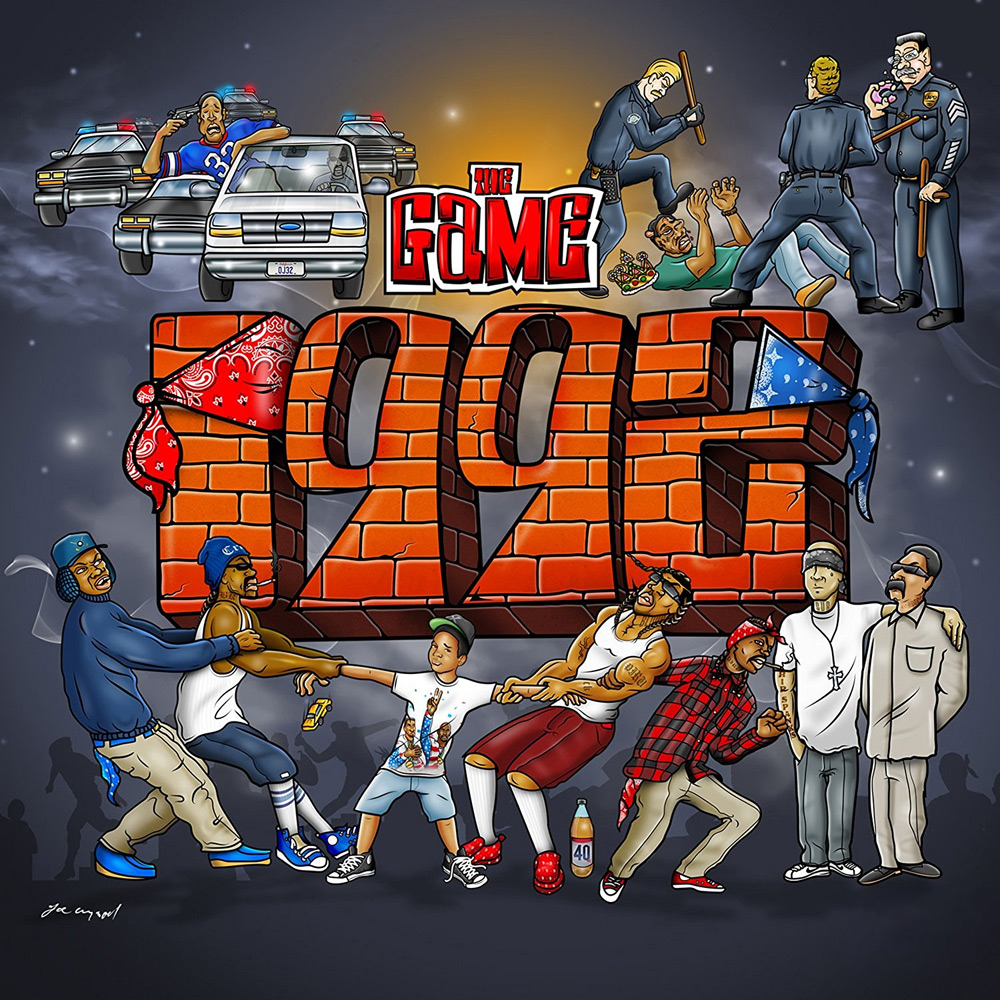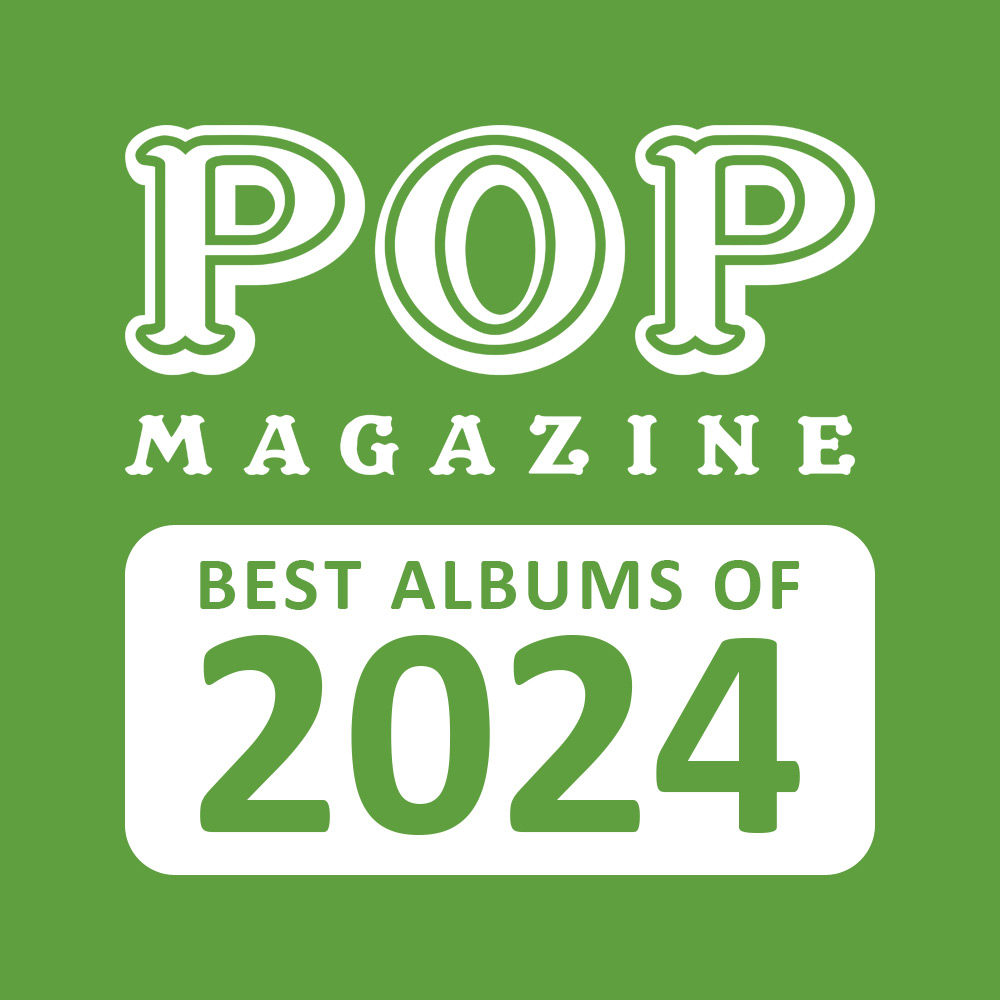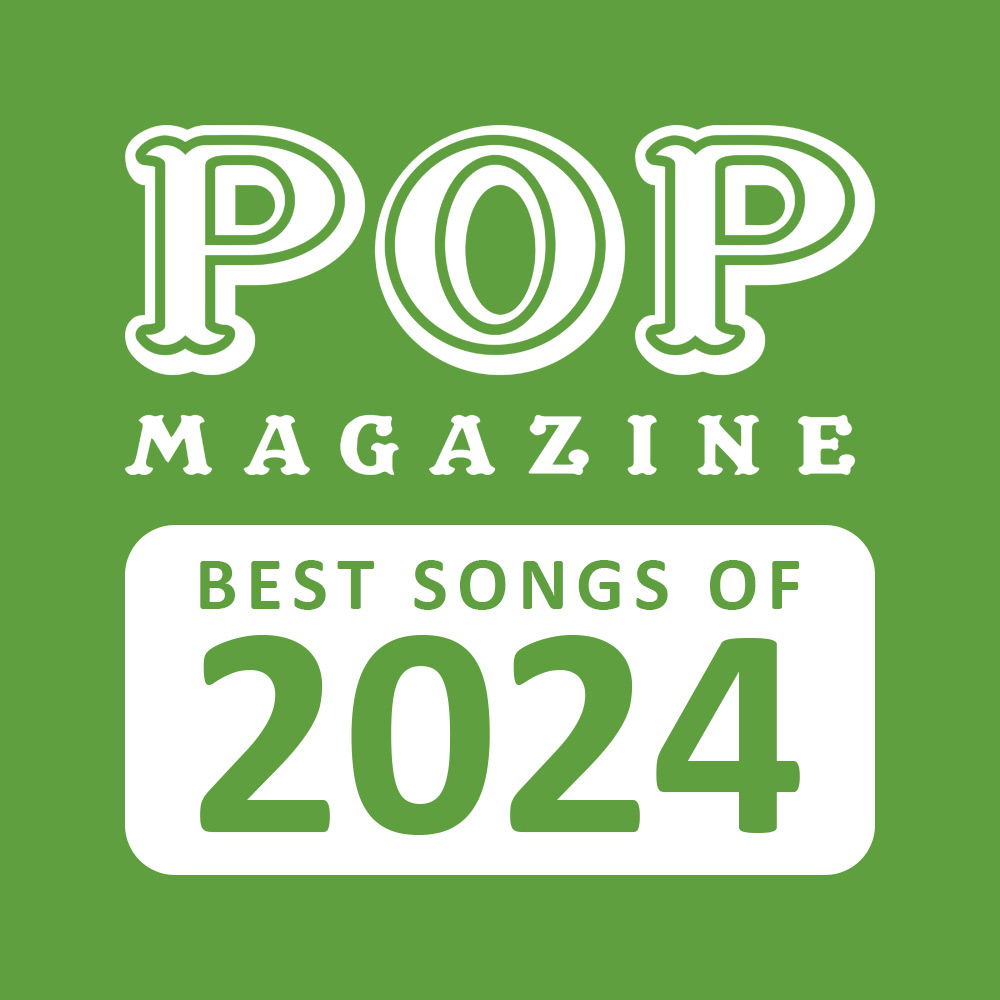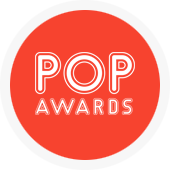Review: The Game – 1992

Bring up the year 1992 among a group of friends and some of the first things that come to mind undoubtedly will be the Los Angeles riots and the spectacular gold medal performance of the U.S. men’s Olympic basketball team, known as the “Dream Team”. But for The Game, then an impressionable twelve-year-old boy by the name of Jayceon Taylor, 1992 would prove to be a life-altering year that put him directly onto the path of affiliated gangbanging and savage life. A follow-up to 2015’s well-received The Documentary 2 & 2.5, The Game returns with an album, entitled 1992, crystallizing this era in his life. Never short on stories about his experience of growing up in Compton during the 80s and 90s, 1992 paints a vivid picture, leaving nothing to the imagination about what happened in those streets. What it meant for him to be born into the struggle over red and blue, Bloods and Crips, and what led to those choices. The details of family life with its own measure of pain, abuse, and tragedy. Going from being a kid with a basketball in his hands who idolized Magic Johnson and Michael Jordan, to becoming a kid with a gun in his hands whose main allegiance was to a red rag. He’s lived through the stories he recounts on the album, but admittedly for The Game, his twelve-year-old self is so far removed from where he is now as an adult: entertainer, businessman, father, and philanthropist. In a recent radio interview, The Game muses over the desire to have been able to influence his younger misguided self in a different, more positive direction, away from damaging gang life and the culture towards sheer violence, if it were possible to actually go back and talk to himself. So, despite how his lyrics reflect his personal past and where he’s come from, he really does have pretty life-affirming beliefs and likes to pull kids to the side to talk to them about the path they’re on, showing real love and concern. And with his Robin Hood Project, he’s still financially helping people who rarely get a helping hand.
As 1992 unfolds, with the opening track “Savage Lifestyle”, The Game jumps right into the harsh and depressing realities of growing up in gang culture. Sampling in part Marvin Gaye’s “Inner City Blues (Make Me Wanna Holler)”, he draws the parallels of government sanctioned oppression and disenfranchisement that’s led to the current condition of savage life in gang-infested Los Angeles neighborhoods. A personal timeline of events leading up to the LA riots, “Savage Lifestyle” morphs into a breakbeat as he breaks down his perspective on how the city ended up on fire. “True Colors / It’s On” samples Ice T’s 1988 title hit from the soundtrack of the classic film “Colors”, which zeroes in on the violent relationship between LAPD officers, and Bloods and Crips in Los Angeles, and ends with a sample of “Here I Go” by Mystikal. In the song the story of the “blood” he was literally born into unfolds, and how his mother, father, uncle and so many others in his circle were all surrounded by the inescapable pull of violence. The next song, “Bompton”, samples “It’s Funky Enough” by The D.O.C., which is one of the dope things about the album, the use of classic hip-hop and pop samples. “Fuck Orange Juice” samples “The Message” by Grandmaster Flash and the Furious Five. “The Soundtrack” contains a sample of Clams Casino’s “I’m God”. “I Grew Up On Wu-Tang” samples Wu-Tang Clan’s 1994 classic “C.R.E.A.M.”, and “However Do You Want It” samples the Soul 2 Soul hit “Back To Life (However Do You Want Me)”. Each of these songs are legitimate chapters of how life for a young Jayceon Taylor really got down, creating an authentic soundtrack to this environment that was anything but life-affirming. Other songs, though, like “Young Niggas” highlight what could be construed as more positive moments throughout his young life, and the responsibility and compassion that his mother fostered in taking care of not only him but other kids she wanted to keep out of the foster care system. “Baby You” featuring Jason Derulo has a nice R&B slow jam vibe and immediately sounds like a single hit for the radio airwaves. “92 Bars” is one of the first singles released which sees the Game dissing Meek Mill, and referencing both Nicki Minaj and Drake, though he pretty much name drops the whole hip-hop industry if you really listen to the track.
It seems that 1992, with its cartoon-style album cover drawn by the same artist as Snoop’s Doggystyle, will be considered a success because of the quality of the music production and the strong lyrical flow of The Game. At the same time, 1992 very much feels like more of the same, picking up where The Documentary 2.5 left off. More stories of physical gun violence among rival gang members, more emotional violence against their families, more demeaning women as dispensable thots with limited value, more calling out other rappers for beefs that should have been squashed long ago. For all of the positive messages that The Game talks about in his interviews, it’s no wonder why he’s moved his mother and kids away from the treacherous ghetto life of his past, keeping them safe from the very elements that he raps about. It does make me wonder, however, why after eight albums he’s yet to allow his lyrical content to evolve to a clear message about how to actually LIVE. There is a thin line and delicate balance to the retelling of gang life and how he’s emerged out of it as a cautionary tale to those still in it, and just simplifying glorifying gang life. With 1992, The Game really does toe the line.
Written by Mai Perkins
Originally from Los Angeles, Mai Perkins is living a genuine bona fide love affair with NYC and the music that keeps its spirit moving. While spending the majority of the last decade in Brooklyn, many of her adventures around the globe are documented on her blog: Mai On The Move! www.MaiOnTheMove.com
Author’s rating for 1992

Pop Magazine’s official rating for 1992

Rating key
 MASTERPIECE a must-have
MASTERPIECE a must-have
 SUPERB for heavy rotation
SUPERB for heavy rotation
 EXCELLENT a great achievement
EXCELLENT a great achievement
 VERY GOOD a respectable result
VERY GOOD a respectable result
 GOOD worth checking out
GOOD worth checking out
 FAIR an average outcome
FAIR an average outcome
 WEAK not convincing stuff
WEAK not convincing stuff
 BAD an underwhelming effort
BAD an underwhelming effort
 VERY BAD quite a waste
VERY BAD quite a waste
 FAIL a total failure
FAIL a total failure




















Write a Comment